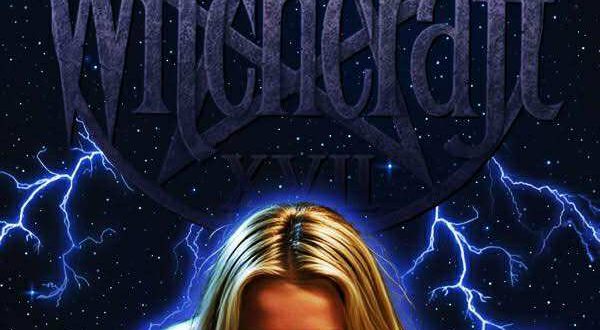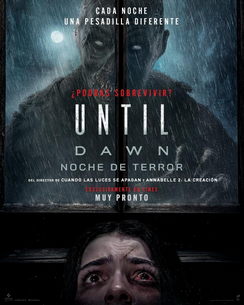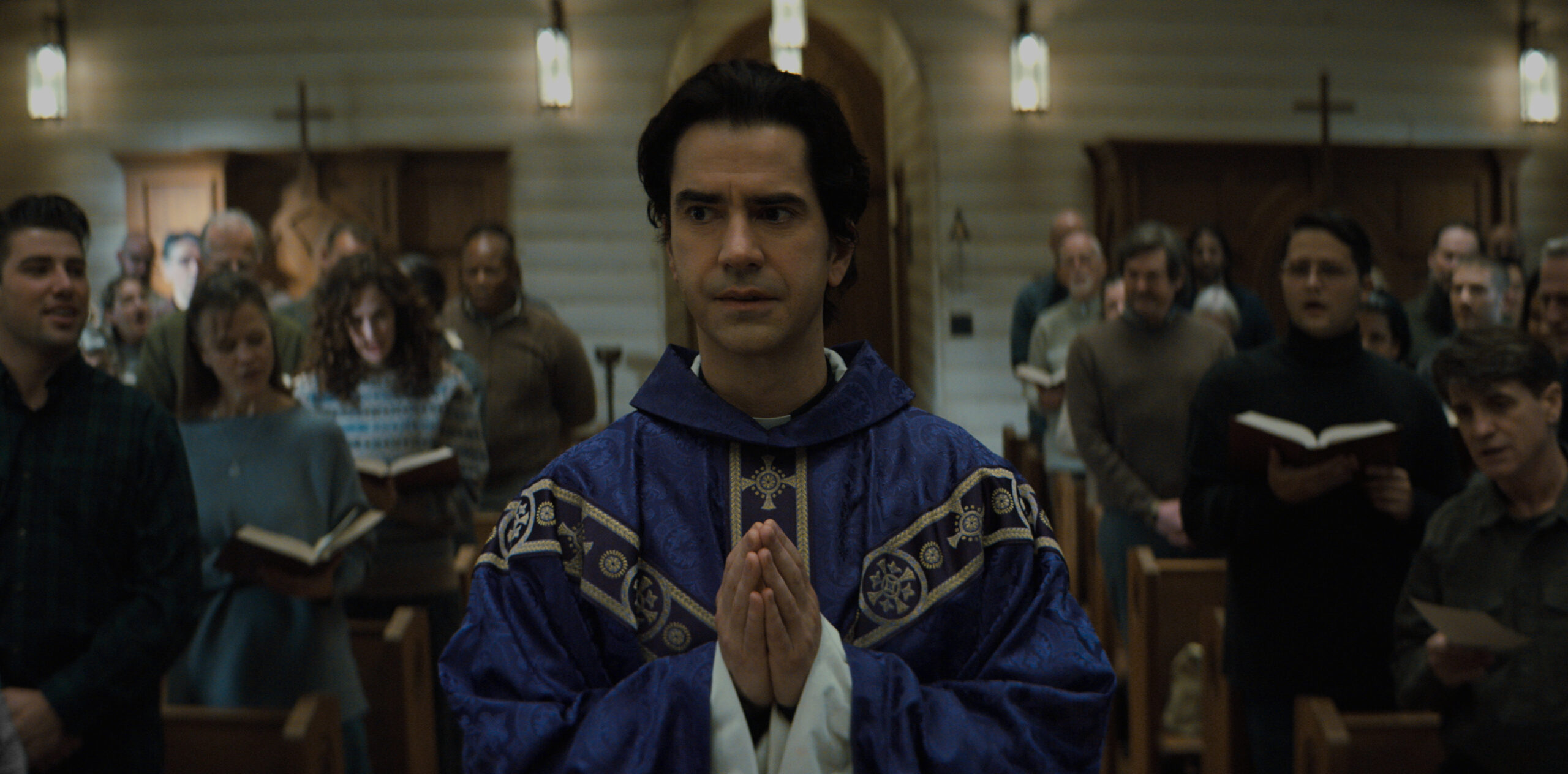
The headline says it all.
 MIDNIGHT MASS (L to R) HAMISH LINKLATER as FATHER PAUL in episode 103 of MIDNIGHT MASS Cr. COURTESY OF NETFLIX © 2021
MIDNIGHT MASS (L to R) HAMISH LINKLATER as FATHER PAUL in episode 103 of MIDNIGHT MASS Cr. COURTESY OF NETFLIX © 2021
I have mastered the art of projection. Western Individualism has made it journalistically profitable to make everything in popular culture about us. Britney Spears’s conservatorship had much to say about the systemic problem of stolen autonomy in the disabled community. So her legal bind became about me—a disabled woman—and also about the American judicial system, patriarchy, and what 40-year-old moms are allowed to say and do on Instagram before someone calls them crazy.
So when it comes to Hamish Linklater’s Critics Choice nomination for his performance in Midnight Mass—his first solo nomination after nearly three decades in The Industry™—is it such a stretch to say that his career has, in fact, somehow been about me this whole time? Could I go even further and say that his career speaks more broadly to the issue of what a prolific talent has earned, what he deserves, what is owed him after a quiet 25 years on the scene? What the horror genre as a whole deserves after shaping and critiquing our culture for the past 200 years?
Of course I can say that. This is America.
Also Read: The Unholy Transcendence of ‘Midnight Mass’ and ‘Saint Maud’
Hamish Linklater began his career performing Shakespeare on stage as a child. His mother was Kristin Linklater, renowned vocal coach and founder of Shakespeare & Company. His onscreen work runs parallel to a life spent as a well-respected stage actor and playwright. This undoubtedly lends itself to the cadence of his Midnight Mass monologues. The near-operatic drama of the performance draws the audience in as if they were Crocket Island’s own congregants. In October 2021, Hamish Linklater made believers of us all.
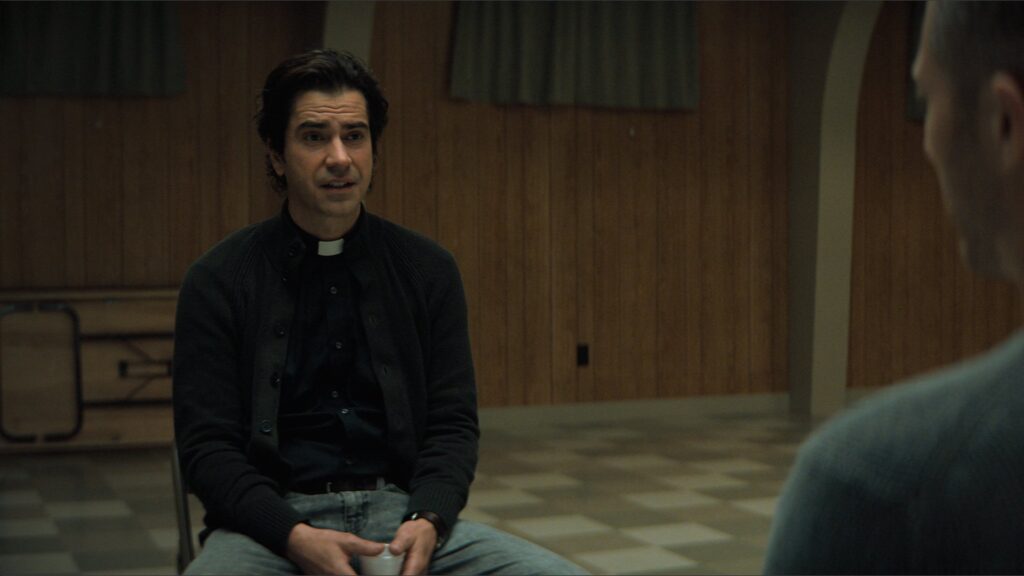
His breakout onscreen role came as Julia Louis-Dreyfus’s often aimless-yet-endearing brother in the sitcom The New Adventures of Old Christine, which ran for five seasons between 2006 and 2010. I have vivid memories of watching with my father every week to see Matthew—a mop-haired Hamish—play straight man to his sister’s antics whilst unwittingly exploring his Oedipus Complex to the canned laughter of a studio audience.
This was before the internet was a thing in my household. People on TV were completely inaccessible and entertainment news traveled slow to poor, rural Arkansas. All I knew about Hamish Linklater was that his character made me laugh every week. Matthew was funny, non-serious, and easy; everything my life was not.
Also Read: Faith and Fear Make ‘Midnight Mass’ An Affirmative Experience
Old Christine ended just as I was leaving for college. The following year Linklater co-starred in Miranda July’s The Future, a film that critic Richard Brody called a “[major work of art that] captures the stasis, the loneliness, the waste of an unrealized life spent in head-down pursuit.” This depressing concept was one I was vaguely familiar with but would grow much more intimately aware of as my 20s wore on.
While I was adjusting to a post-graduation move to Massachusetts, Mass Media degree in tow and virtually useless, Hamish Linklater was working with the late Robin Williams in what would become Williams’ final roles. He played alongside Christian Bale, Brad Pitt, and Ryan Gosling in Adam McKay’s Oscar-winning film The Big Short. Then he appeared opposite Emma Stone and Colin Firth in Woody Allen’s Magic in the Moonlight. During what seemed like the highest point in his career, I was slinging coffees in the South End of Boston, living in an apartment with no heat during a record-breaking blizzard. I slept in my coat for weeks and wrote a lot of music and drank a lot of cheap liquor.
Hamish and I lost touch. I was a mess. I was a nobody writer. Yes, I had fleeting waves of success. But they were followed by descents into anonymity and something akin to madness. I couldn’t find my foothold in an industry that didn’t want me. I couldn’t even find copy-editing gigs at any of Cambridge’s many bio-medical companies because they wanted someone capable of doing math. Somewhere in all this, my father died. I got married. I started a career in the mental health field teaching therapeutic writing to teenagers.
Also Read: God of Power, God of Fear: Religion and Self-Righteousness in ‘Midnight Mass’
At the same time, Hamish Linklater was undergoing his own transformation. He flew under the radar for a few years, only taking small roles in independent films. Then he took a hard left turn into the weird when he was cast in Noah Hawley’s Legion—a mind-bending Marvel property that divorced itself from the family-friendly drama of its cinematic universe. Instead, it dives headlong into hallucinatory terror, drug use, and the subconscious (truly, this is Marvel’s bastard child). This is also the first time significant horror elements began to appear in his work; Hamish wore prosthetic burn scars on half his face and chest for the three-season run, one ghostly blind eye harboring a camera to spy on behalf of an ethically dubious government entity.
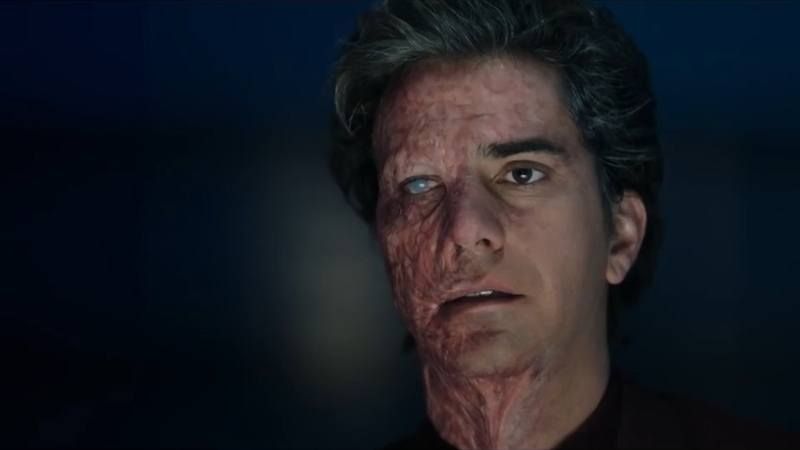
After landing the role on Legion, he followed up with two single-episode arcs in horror series. In the first, in Hulu’s anthology series Monsterland, he plays a disgraced pedophile whose wife’s complicity in his crimes brings about supernatural retribution. In the second, he was an ill-fated doctor in the latest adaptation of Stephen King’s The Stand.
Somewhere in all this, he starred opposite his life partner Lily Rabe in Tell Me Your Secrets, a thriller series that would mark his darkest role to date. Linklater played John Tyler, a sexual predator recently released from a stint in prison. He finds temptation at every turn after he’s commissioned to hunt down the former girlfriend of a convicted serial killer. It hit Amazon Prime quietly in early 2021 after nearly three years in Development Hell.
Also Read: ‘Midnight Mass’ Is Shocking, Heart-Breaking, and a Little Too Long-Winded
By this time, I had spent four years working in a group home for teens transitioning out of restrictive psychiatric facilities. I had fallen in and out of love with the work and was looking for my next move. I entered the world of horror by way of discussing its benefits to survivors of trauma. By some miracle, I excelled in this niche. It seemed I had found my calling; a place where my talents could shine on a platform where more eyes would see it.
Perhaps we could say the same of Hamish Linklater after his career-defining turn as Father Paul Hill in Midnight Mass. Of the genre, Linklater, like most, was ambivalent at first; but for someone who had reportedly spent a lot of time avoiding horror, he clearly understands its importance.
“It’s too scary for me, in general,” he said in an interview with Men’s Health, addressing his partner Lily Rabe’s work in American Horror Story. “But it’s a great vehicle for allegory, and for talking about the times, and culture.”
Also Read: As the Good Book Says: A Post-‘Midnight Mass’ Reading List
On Sunday, March 13 the Critics Choice Awards will air, and Linklater will be up against some big names; most notably Paul Bettany of Disney/Marvel titan WandaVision and Michael Keaton of Hulu’s Dopesick. If there is any justice in the world, Hamish Linklater will win. But he is the underdog representing a genre that, like him, has a long history of not getting the recognition it deserves.
I have a fanatically constructed personal stake in his win, despite the fact he is someone I don’t know; someone who, on a superficial level, I have nothing in common with other than the fact we were both raised by single parents (his late mother a world-renowned figure, my late father a toiling factory worker). Still, the success of the underdog is the success of underdogs everywhere. We dare to dream of a world in which talent, in which a quiet career spent working diligently on the margins, is publicly rewarded.
For myself, for industry professionals choosing to work in horror, we are hanging our hope on Hamish Linklater—and on the success of Midnight Mass’s other nominations—not to lend credibility to our field, but to amplify the unrecognized talent embedded within it.
For the genre, for me, and for long-suffering creatives everywhere awaiting their dues: Hamish Linklater wins or we riot.






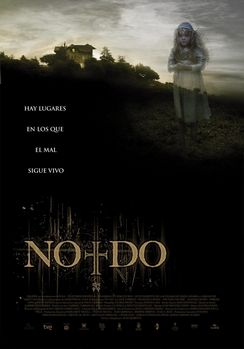


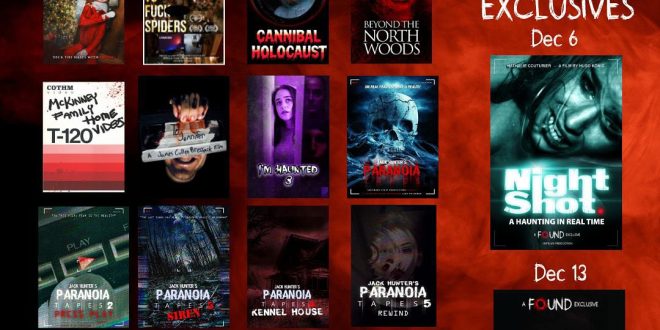
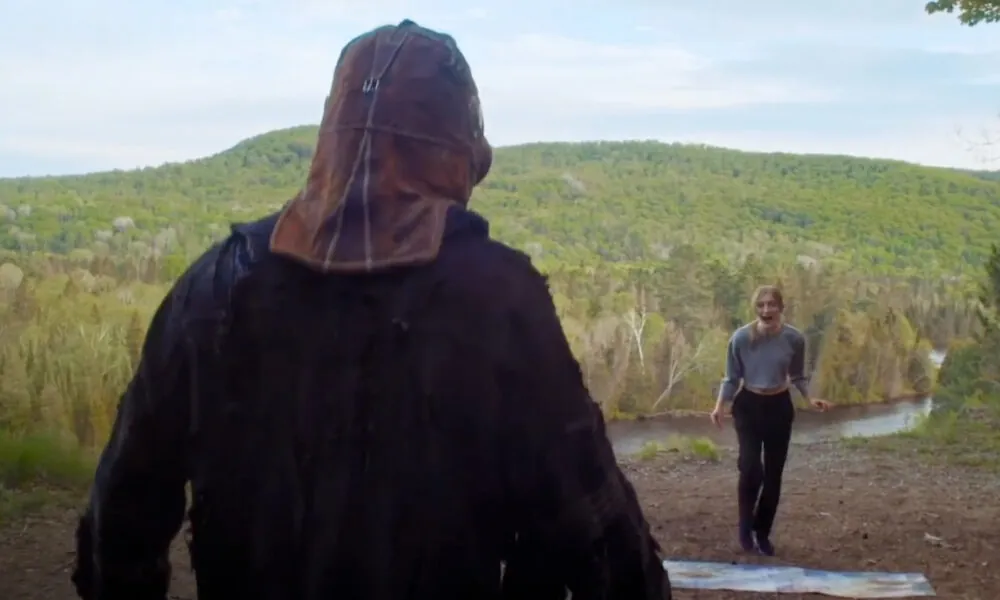


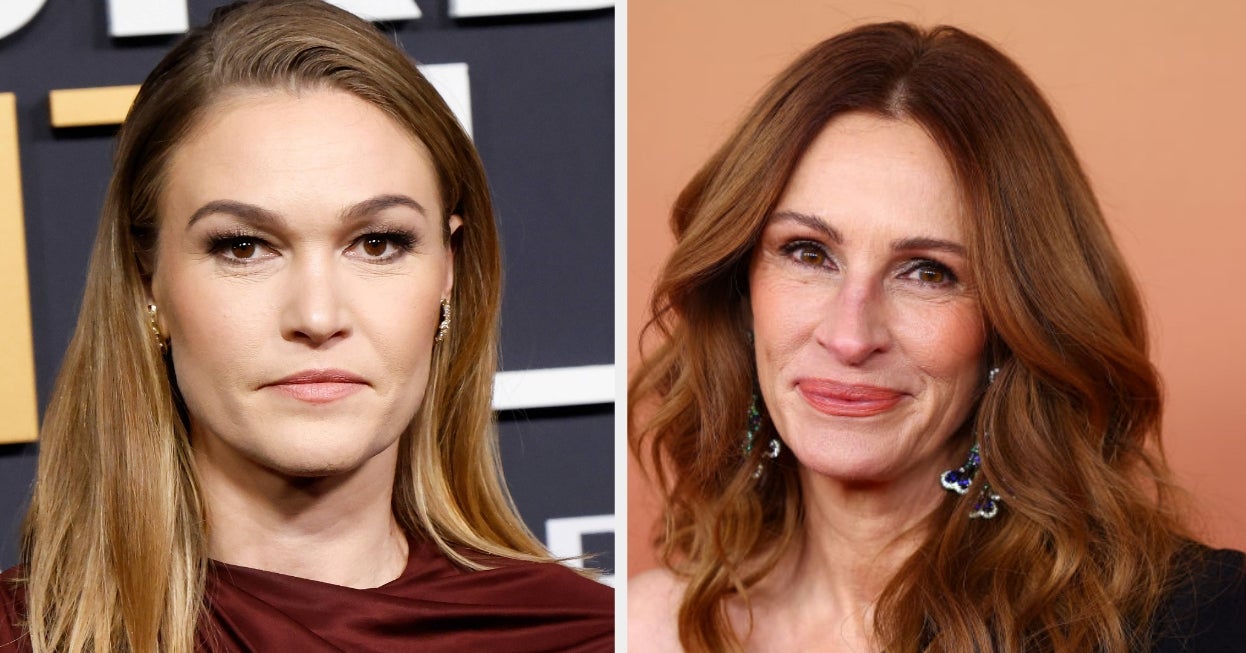



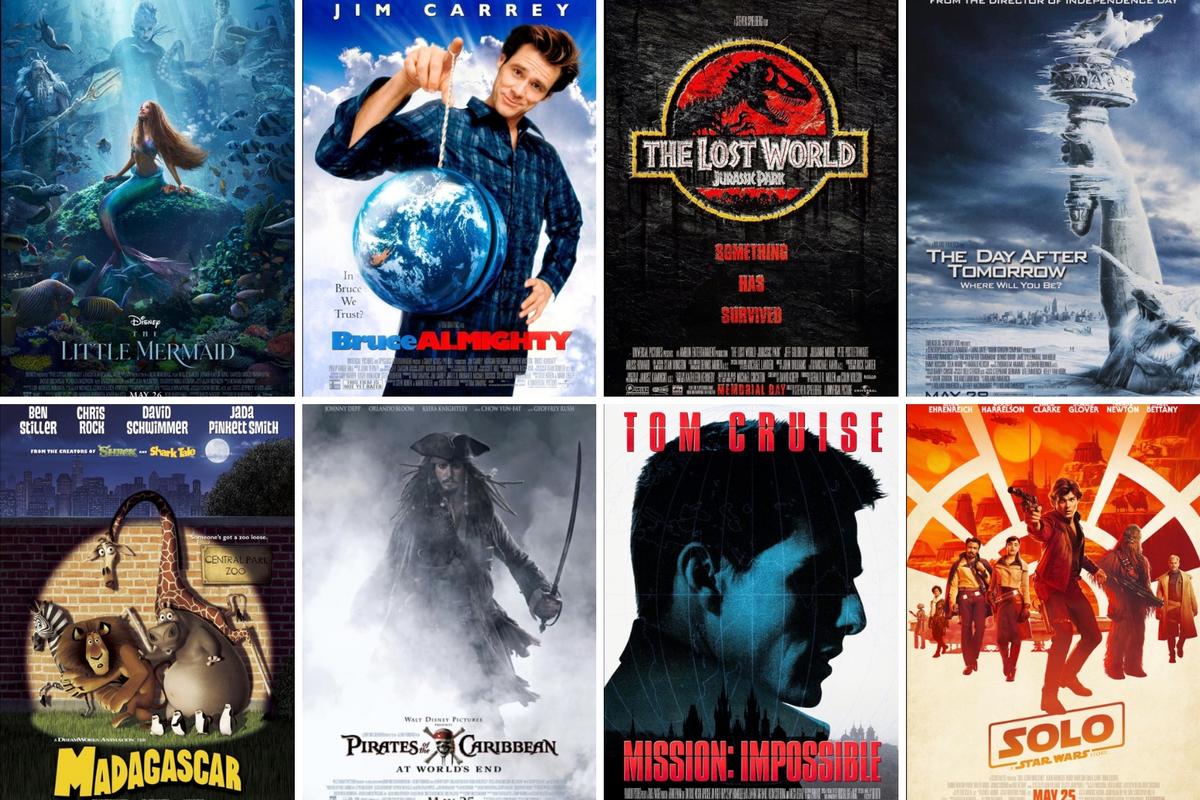
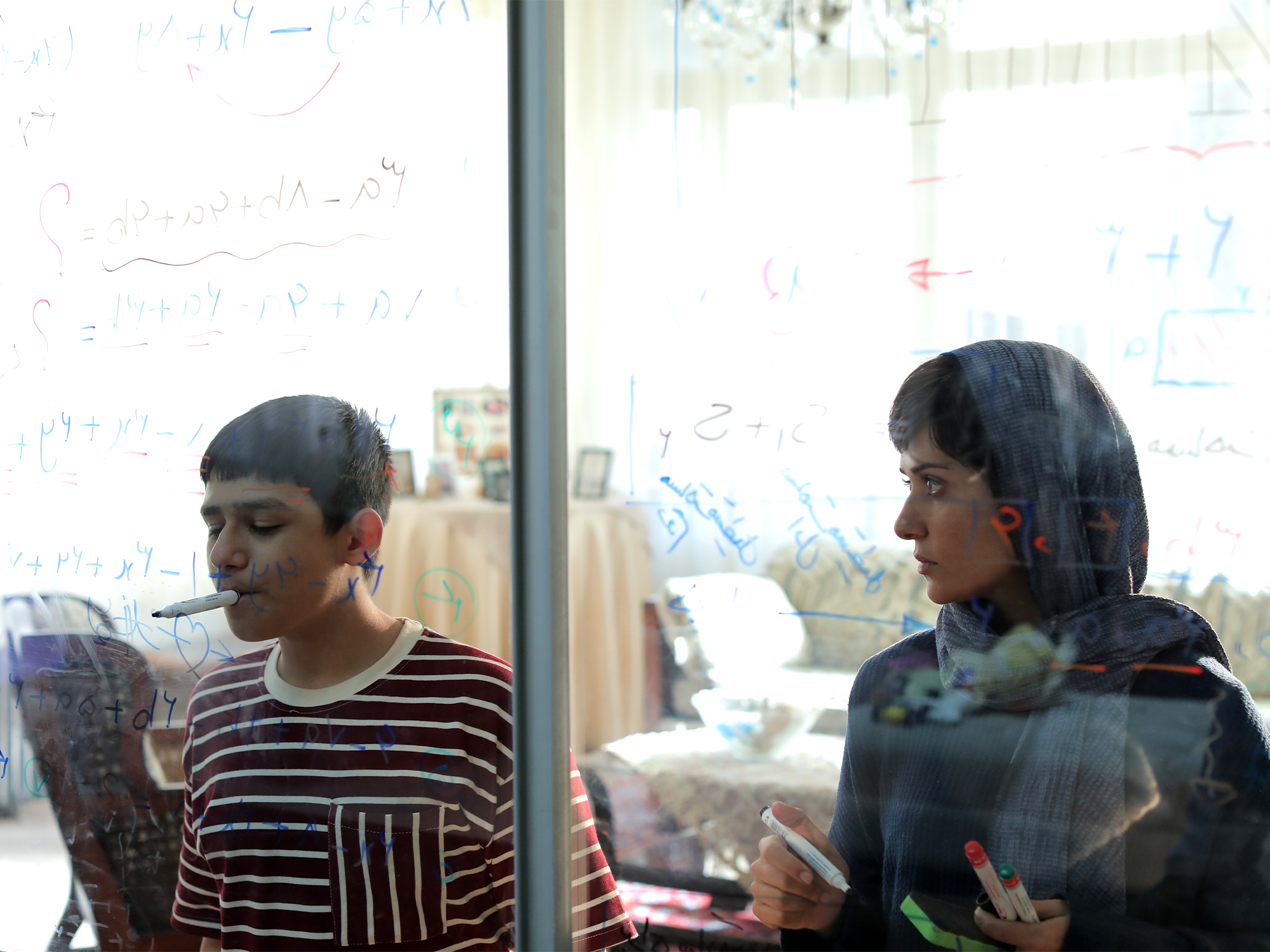


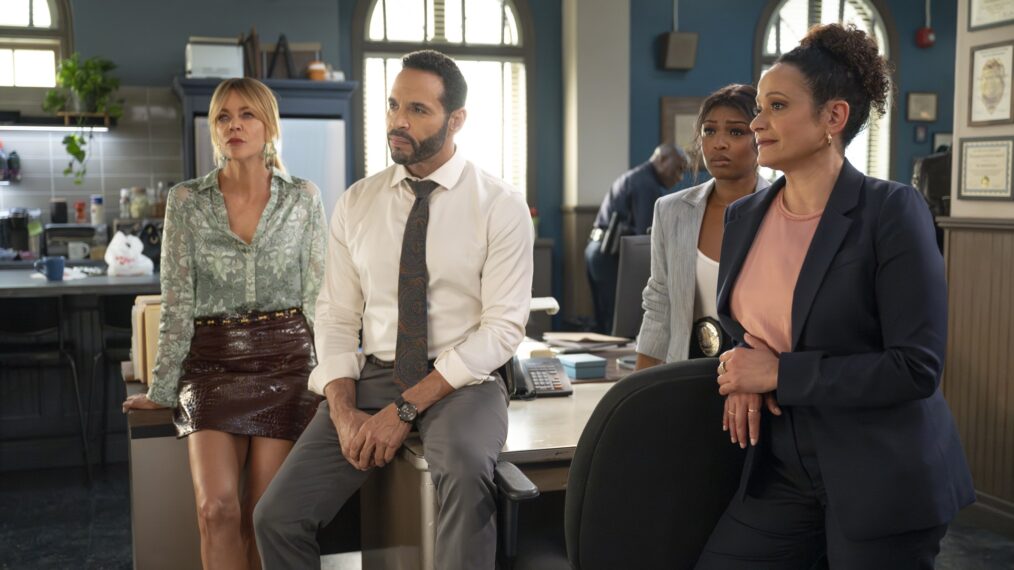
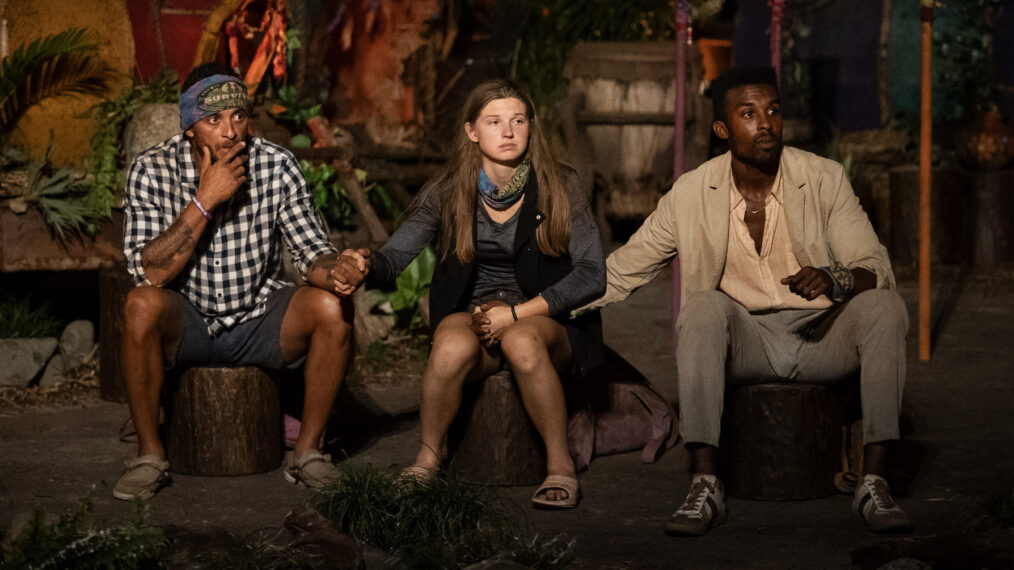




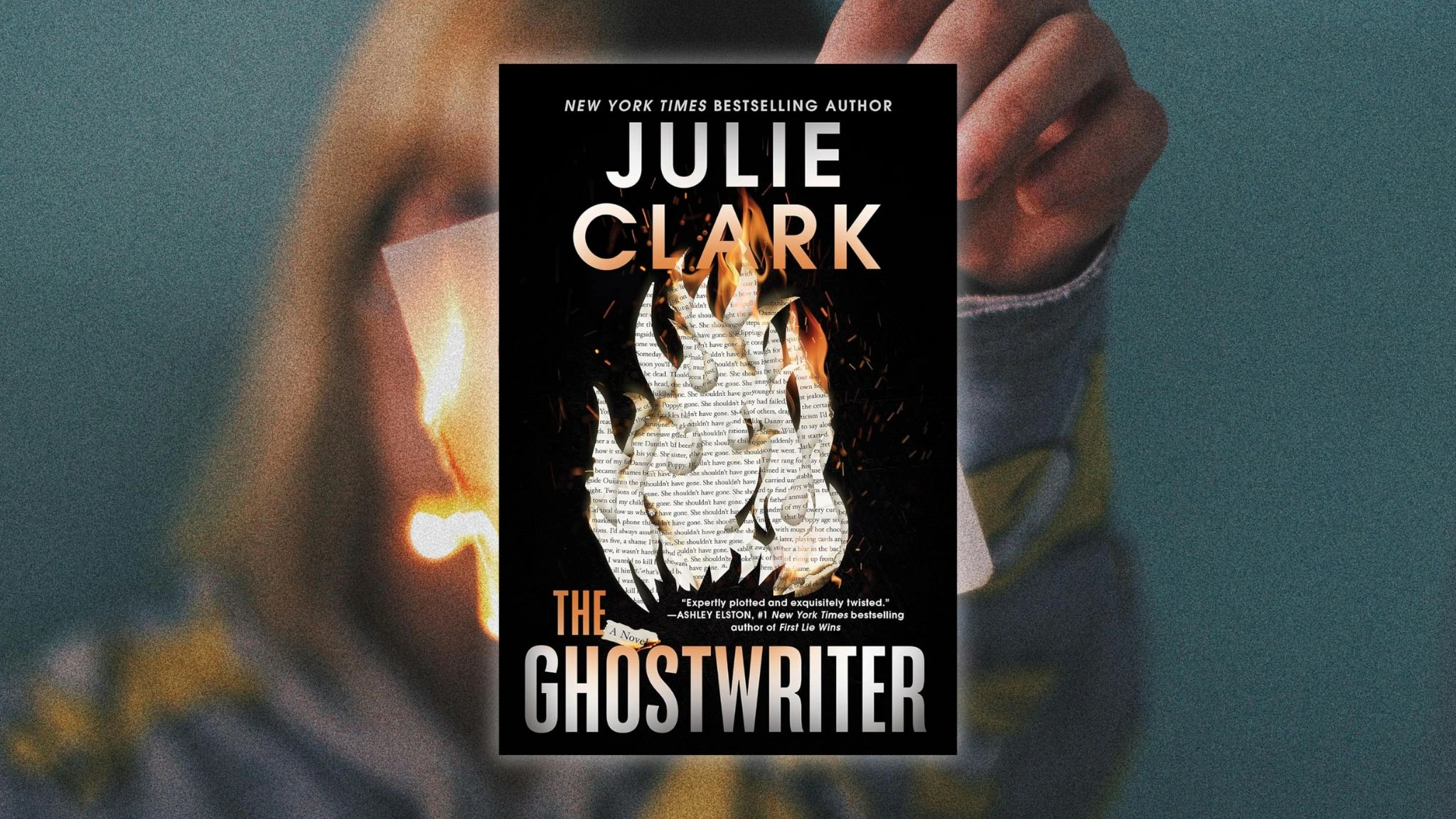
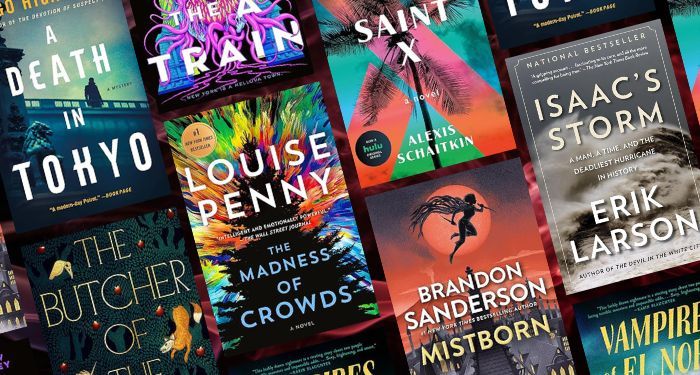
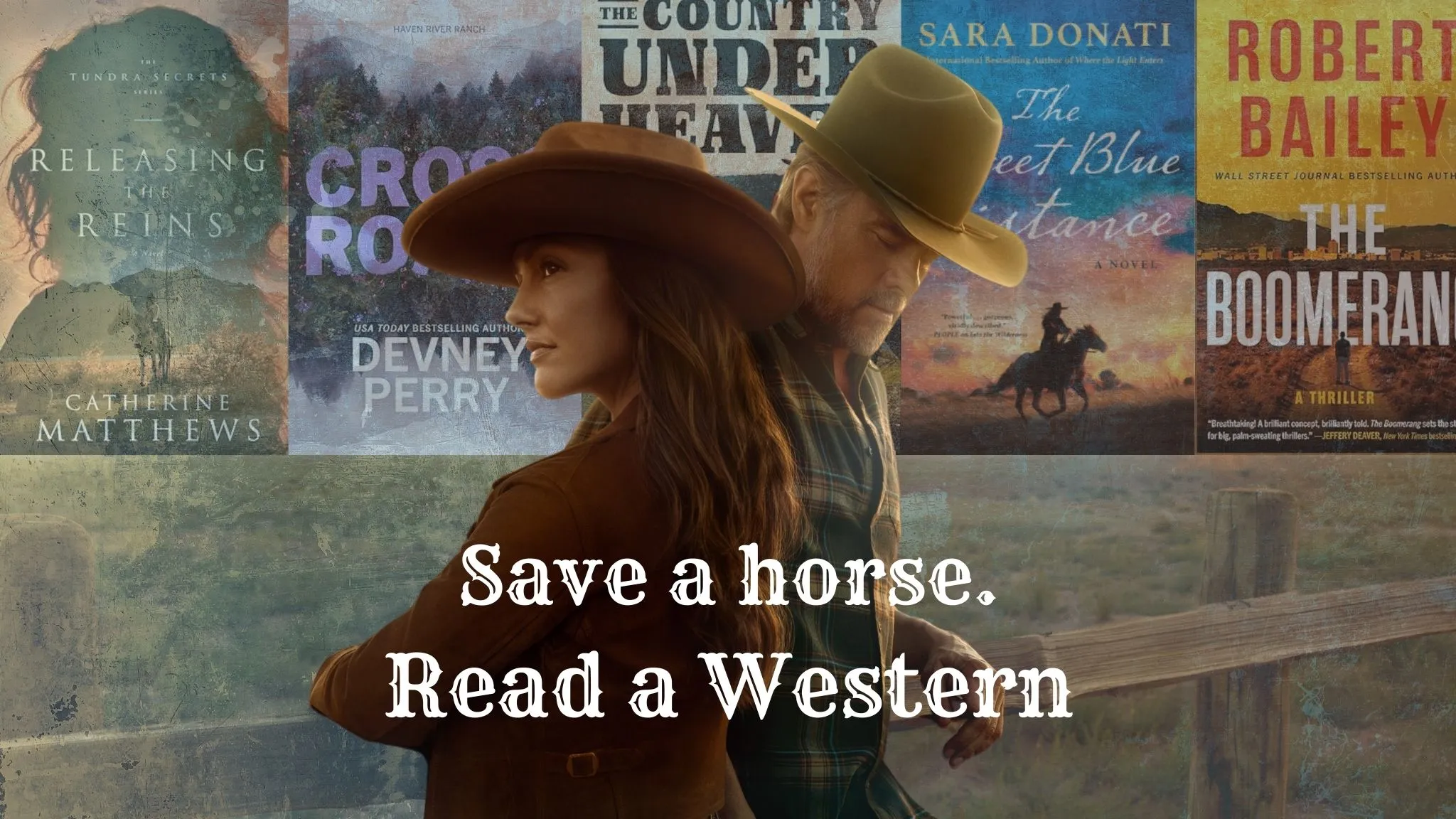
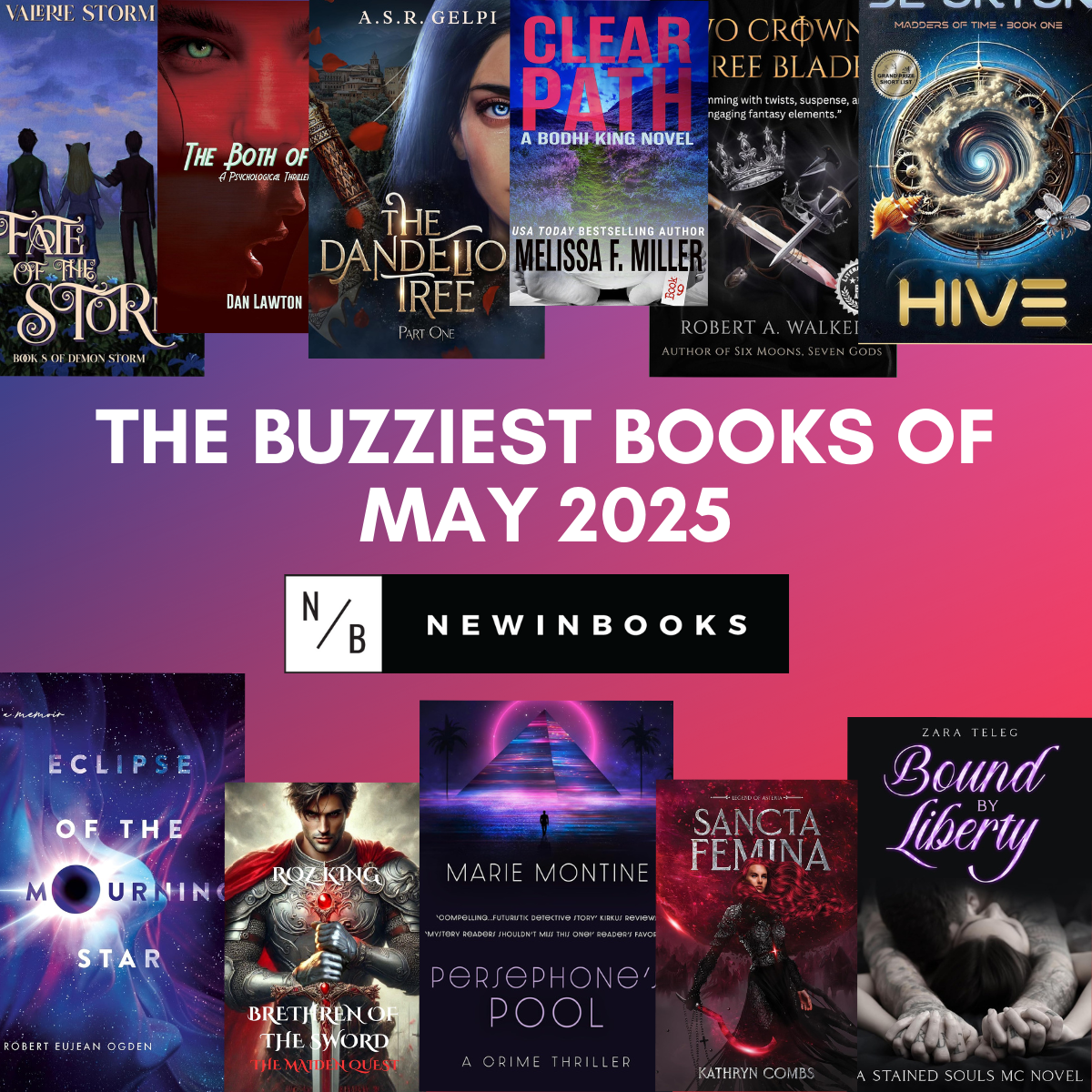
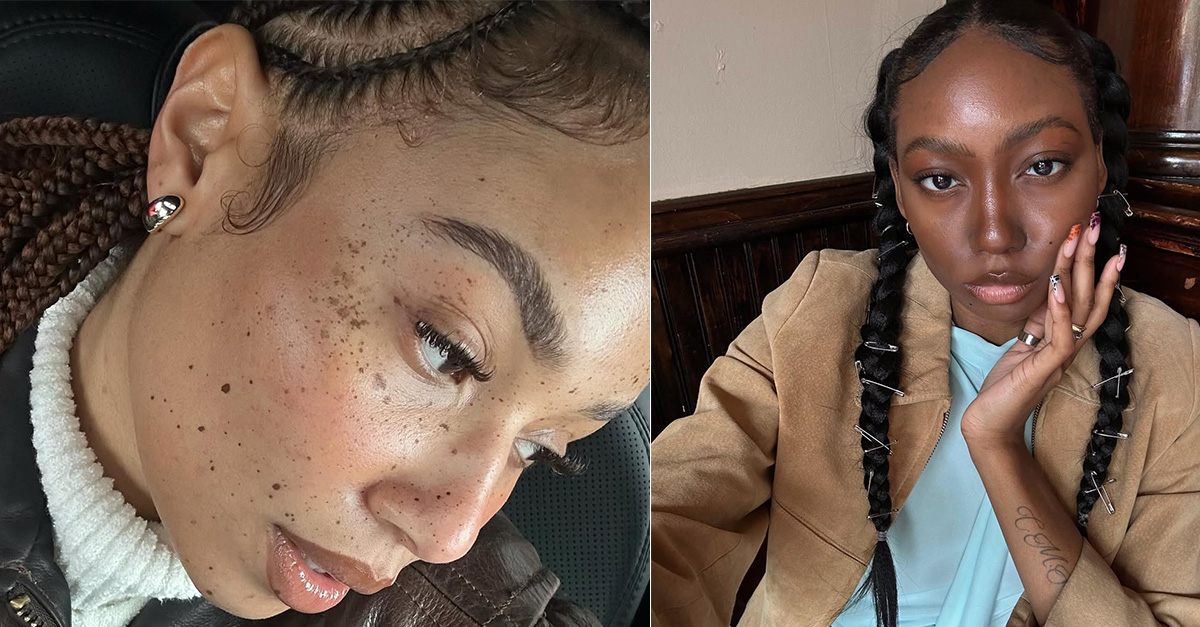
:quality(85):upscale()/2025/05/19/981/n/1922564/93076eb0682bb18c994e06.89379902_.png)
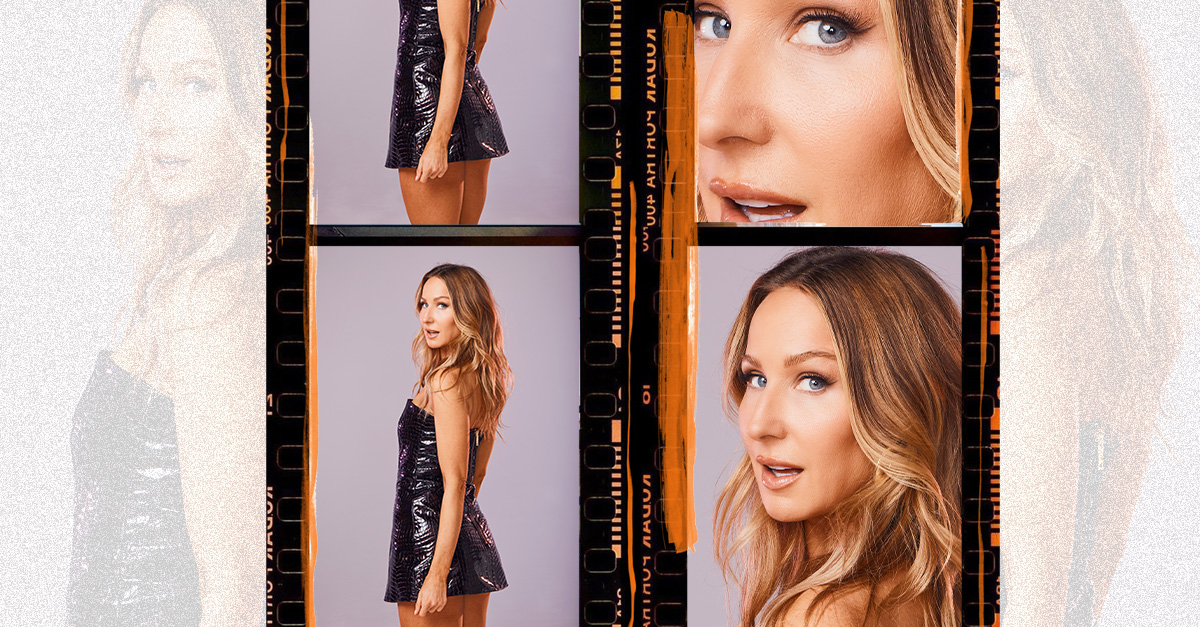
:quality(85):upscale()/2025/05/23/715/n/1922564/1e63d6e168309df259d956.72331408_.png)
